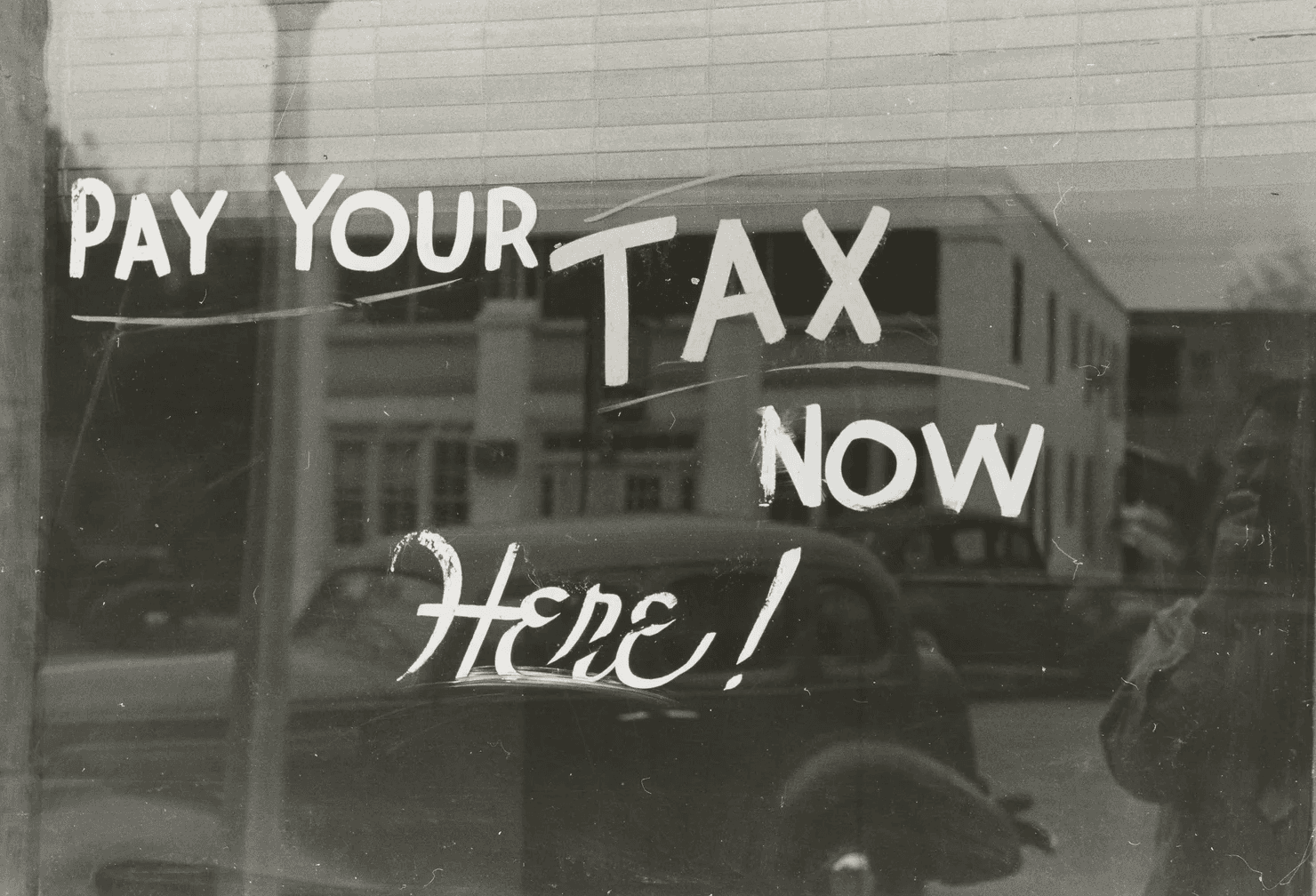Taxes aren’t taxing!
Taxes
|
Nov 24, 2020
Taxes. The moment we say this, do you hear a little scream internally? We used to feel that way too. But let’s uncomplicate things. December 31st 2020 is the last day to file our Income Tax Returns and we’re going to walk you through the entire process and documentation that’s required before you do so.
Before you begin, get yourself a quiet space with a window, a cult of hot coffee or tea and a mind that’s determined to get you through!
Let the games begin!
Let’s talk paperwork
Documents such as salary/income details, Bank statements from 1st April 2010 to 31st March 2020 – If you were self-employed/freelancing/professional., previous tax statements, Form 16 – If you were employed in FY 2019-20.
Details of income from house property in form of rent received etc if any.
Details of gain on sale of shares, mutual fund units etc, if any.
Details of income from any other source relevant for income tax filing.
Details of investments made, relevant for claiming 80C, 80D deduction, if any. are required and it’s best that you keep them all handy so that you don’t find yourself looking for them in the last moment.
Fun, fun fun. Said no one ever! But let’s break it down. The procedure varies as per the income earned per year and income sources such as salary, business profit, investment profit and so on. The party always starts with the Basics.

What is ITR?
Income Tax Return (ITR) is a form in which taxpayers file information about income earned and tax applicable to the income tax department. This is broken down into 7 types of forms namely: ITR 1, ITR 2, ITR 3, ITR 4, ITR 5, ITR 6 & ITR 7. This is dependent on the type of work you do. If you are a salaried individual, ITR 1 will be applicable to you. Every taxpayer should file their ITR on or before the specified due date (the date is usually July 31st, but due to the pandemic this year, it’s been postponed to December 31st, 2020).
The applicability of ITR forms varies depending on your sources of income as the taxpayer, the amount of the income you’ve earned and the category you belong to (individuals, company, HUF).
Who should file their Income Tax Returns?
The answer is simple. EVERYONE! As an individual, it is mandatory for you to file income tax returns (ITR) in India if:
Your gross annual income is more than Rs. 2.5 lakh. Depending on your annual income and age the relevant tax slabs will be applicable.
For individuals below 60 years is Rs 2.5 Lakh
For individuals above 60 years but below 80 years Rs 3.0 Lakh
For individuals above 80 years Rs 5.0 Lakh
Also to keep in mind certain other sources of income that you might have:
You have different sources of income - for instance, house property or capital gains
You want to claim an income tax refund
You have earned from or have invested in foreign assets during the financial year
You wish to apply for visa or a loan
Pro tip: We recommend that you file your taxes - a nil return - even if you don’t fall into any of these categories. It’s always a good practice - and you will need to show ITRs when you are applying for certain visas, credit cards and loans.
Feeling confident? Now, let’s talk about the documentation required. Here’s a quick checklist before you begin! Keep these ready:
PAN
Aadhaar Number
All your bank account statements including rent payment proofs
TDS certificates (Form 16 if you are salaried from your employer, Form 26AS if you work as a consultant from your clients)
Investment Proofs (Investments and deductions that can be claimed under section 80C, 80D, 80E, 80TTA)
Now that we have covered the general requirements, let’s move on to the specifics.

It’s cuddle season with your Form 16, of course.
As a salaried individual, you will receive a salary certificate (Form 16) at the end of the financial year from your employer. This includes all the details of salary paid, deductions and the tax deducted over the period. You can ask for a salary certificate even if no tax has been deducted. Also, if you’ve had multiple jobs, you’ll need to consider all Form 16s generated from your employers to file your taxes.
Your employer also deducts a part of your salary for the purpose of contributing to the Provident Fund. The part that you pay towards your provident fund can be claimed as a deduction under Section 80C.
What do you do if you have income from various sources?
If you have income from other sources such as rental income, dividends and interest income, you’ll need a few extra documents. These need to go into your tax filing as well. Here are the main ones:
Bank Passbook, Post Office Savings Passbook, and Interest Certificates
Form 26AS - this has the details of the tax deducted from various sources and paid to the government
Accrued Interest - in case you have received interest from any fixed income instruments such as the NSC, you will need to show this as well.
In case you have capital gains (profits from investments) you need to declare these as well. These statements are available on your Demat account/ relevant mutual fund and property deal documents.
Stay prepared to stay ahead. Now that you know what to do, keep your documents ready, and start filing!
PS: Documentation required by each individual varies from person to person. For example, how your taxes filed for a salaried employee is different from that of a freelancer. In case you have a doubt, please do consult a qualified tax consultant to make sure that you have all that you need.
You can also join the women-only Basis community where we have tax experts to help answer your queries!
Read More
Unleashing Alexis Rose's PR Magic: Building Her Own Empire
Nov 24, 2020
Unlocking your go to guide to navigate Gold 🌟
Nov 24, 2020
Investing in Gold 101 - A handbook on why, and how to invest in Gold
Nov 24, 2020
Is Taylor Swift REALLY saving the US Economy?
Nov 24, 2020
6 Lessons from The One-Page Financial Plan by Carl Richards
Nov 24, 2020
5 Reasons You Need a ̶P̶r̶e̶p̶a̶i̶d̶ Power Card
Nov 24, 2020







